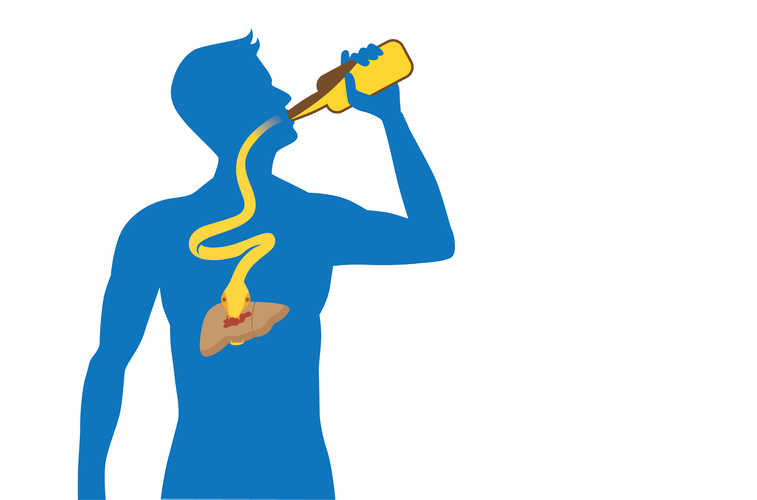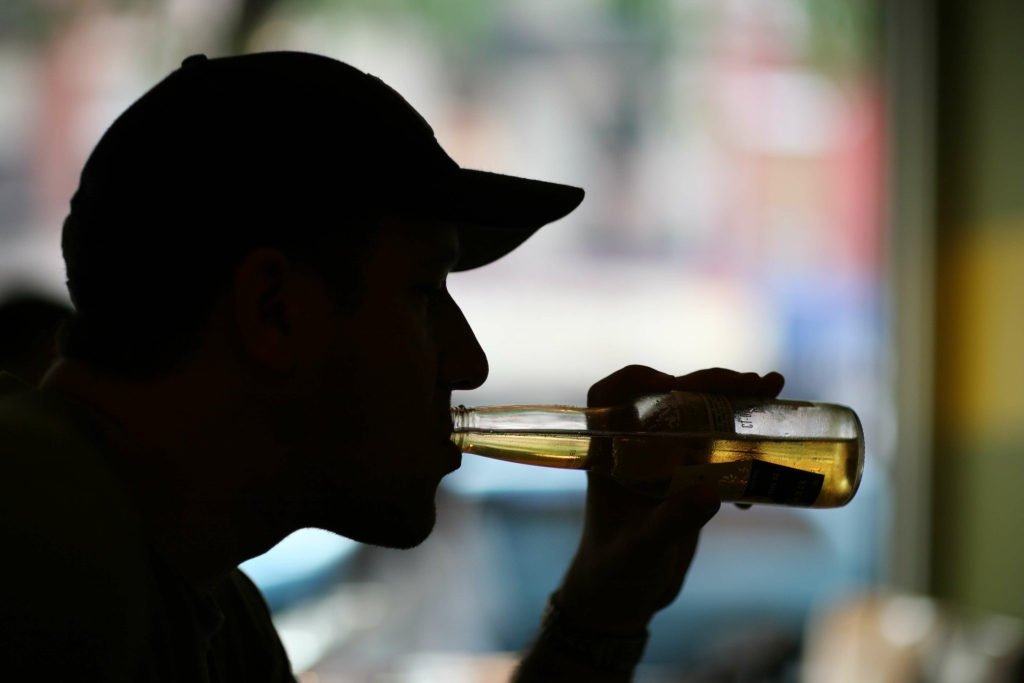Content
With clarity you are better able to perceive your emotional health. This means that you’ll have an easier time recognizing cravings or emotional triggers before they are able to take control. Now that you’ve got some idea about how to bounce back after a relapse, it’s a good idea to learn how you can prevent this from happening again in the future. These are some of the best tools that you can employ to prevent yourself from having another relapse. Places that you used to frequent when picking up drugs tend to remain emotionally charged.
Sometimes, it makes sense to start over somewhere new. There are two different types of relapse to be considered, known as “traditional” relapse and “freelapse.” Traditional relapse occurs when an individual knowingly uses drugs or alcohol.
Physical Relapse
This could include not paying for phone bills, rent, car payments, gas, or groceries. I won’t let you live here if you continue abusing drugs or alcohol. If you’ve been using for some time, it might be best to speak to an addiction specialist to plan on reentering treatment or possibly detox.

Maybe a family member loved one, or other people in your support network address a concern to you. Remember that they might notice things that you are not aware of yet. Remember that addiction is often the result of coping with an underlying mental health issue. Get help today and learn from your mistakes to prevent future relapses.
What Causes Relapse?
I never drank before or during work hours ..but as soon as I got home it was drink time …. But it did not produce the results like the old days… it made things worse….the desire was there in principle but the body said not tonight Don.. You failed in bed again …I was so frustrated I let my depression win the erection war …. I let myself be controlled or distracted from what I needed to be doing….. Paying attention to my wife instead of the high… It cost me my marriage and far more during the one sided divorce.

Feeling alone or like you’re struggling by yourself can be extremely discouraging. By creating a network of friends, family members, and other people in recovery, you can source the support and encouragement you need to stay sober even when it’s hard. Joining an aftercare rehab program could give you the information and support you need to identify and deal with triggers that may lead to relapse. Seeing a therapist or mental health professional could go a long way towards developing healthy coping mechanisms. Even though relapse is a part of the recovery process, you can learn to recognize the aspects of life that trigger urges to use.
Bouncing Back After a Relapse
Many prefer SMART recovery because it lacks the dogmatic approach employed by both A.A. People in Eastern cultures have been honing the practice of meditation for many thousands of years, but it has only recently reached the western world. Nonetheless, meditation is a powerful tool for anyone who wants to develop self-awareness and learn to manage their emotions, triggers, and cravings. In either case, make sure that you reach out to a sponsor or addiction coach to let them know about your relapse. They will be able to guide you forward and help make sure that you’re not going to slip again. Now that you know what sort of things might have contributed to it, it’s important to make sure that you can get back on your feet. Here are some tips for making sure that you stay strong after your relapse.
- The next thing that you should do is figure out what caused your relapse.
- When this happens, the person must get the treatment they need to break the cycle of addiction.
- Overall, you made a mistake, and now is the time to get back on track.
- It should not be used in place of the advice of your physician or other qualified healthcare providers.
- It is important, to be honest with your doctor and open about your struggles.
One recommended strategy is to use the well-known acronym H.A.L.T. to check in with your feelings and bodily sensations. Though it is a difficult fact to accept, relapse is part of recovery. After relapse it is crucial to seek support, practice emotional regulation skills and consider obtaining the support of a professional. It is also important to make a plan for avoiding future pitfalls for your sobriety. Working through the underlying issues that contribute to relapse can help prevent it from becoming an ongoing pattern of behavior.
What To Do After A Relapse
You may tell yourself that you’ve messed up, that you’ve made a huge mistake, that you’re what to do after a relapse not good enough to be sober. You may tell yourself that you’re a hopeless cause.
Only when you heal on every level and reveal what led to using can you gain the control you need to live a healthy life. Remember, if you are trying to quit, you should plan for and try to avoid relapse. But if you do relapse, you should accept that it is a normal part of quitting and resolve to learn from the experience. People can move on from the relapse with a stronger commitment to avoiding future relapses by avoiding or managing triggers before they occur. Sometimes, stressful events can trigger a relapse, particularly if the addictive substance or behavior was used to cope with stress. But happy events can also trigger a relapse, especially if others celebrate with alcohol. Verywell Mind articles are reviewed by board-certified physicians and mental healthcare professionals.
